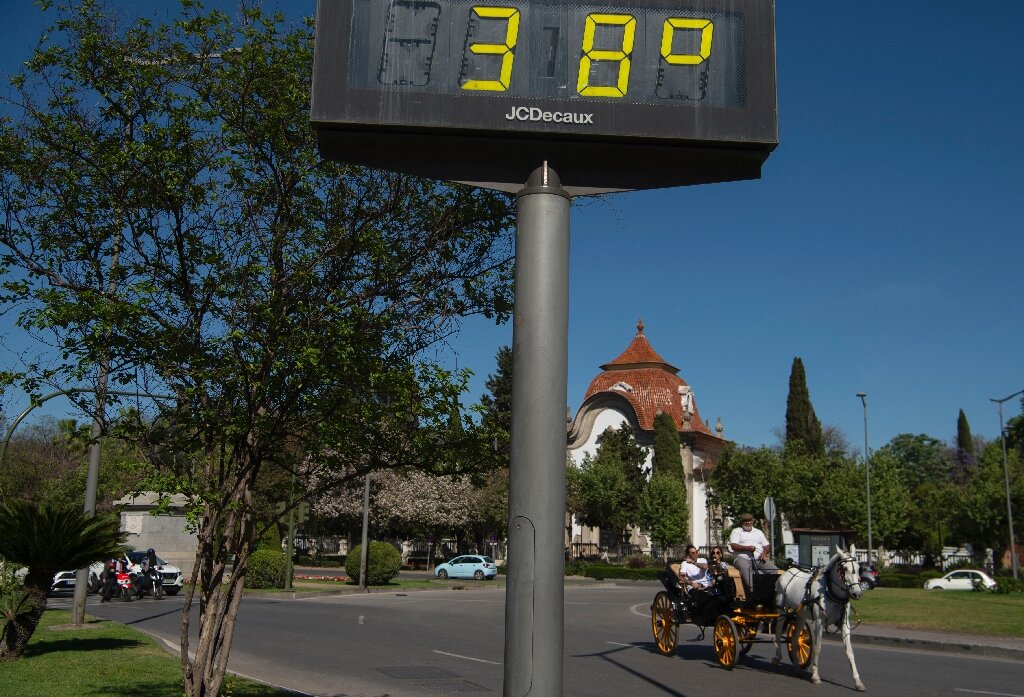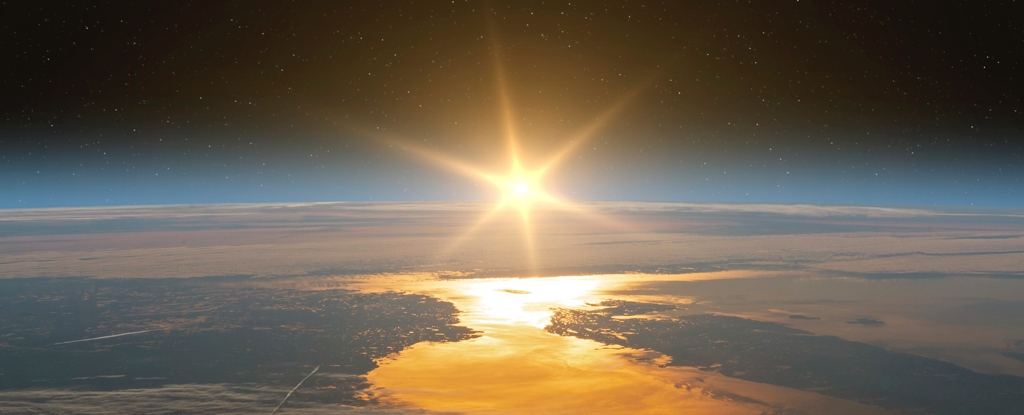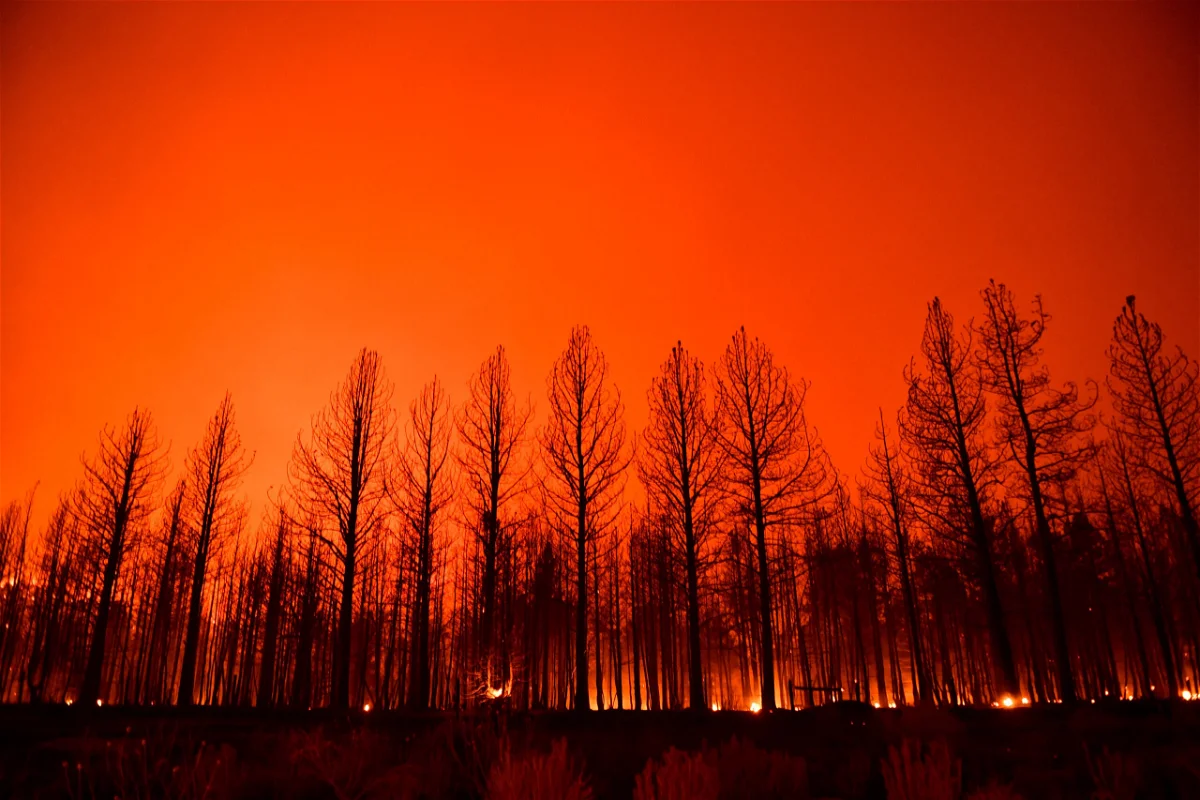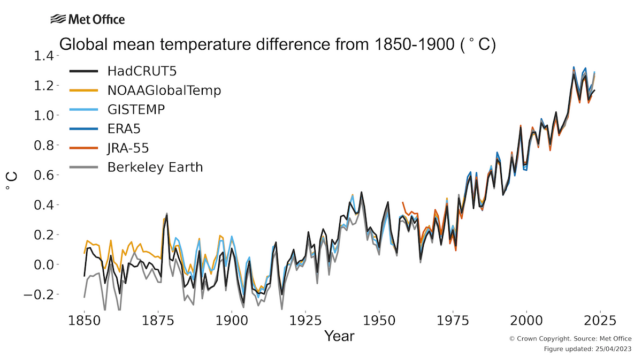
A new study suggests that decreases in brain size in modern humans may be driven by natural selection in response to climate change and environmental stress, starting around 15,000 years ago.

These jaw-dropping videos demonstrate precisely where the majority of this critical greenhouse gas is being released, and how that changes over the course of a single year.

Europe should brace for more deadly heatwaves driven by climate change, said a sweeping report on Monday, noting the world's fastest-warming continent was some 2.3 degrees Celsius hotter last year than in pre-industrial times.

The impact of human activity on the Earth system could result in unpredictable chaos from which there is no return, physicists have calculated.

Mitigating the risk of extinction from AI should be a global priority alongside other societal-scale risks such as pandemics and nuclear war.

Greenhouse gas emissions are at an all-time high, with yearly emissions equivalent to 54 billion tonnes of carbon dioxide.

A new study finds that Arctic sea ice could disappear in the summers as early as the 2030s, a decade earlier than previously thought

Secretly held documents from the two most prominent manufacturers of 'forever chemicals' show that industry leaders knew of the harmful health effects of some per- and poly-fluoroalkyl substances (PFAS) long before they told the public.

In a recent study, more than 40 international scientists assessed the planet’s capacity to provide a safe future. What they concluded is that Earth would fail in 7 of the 8 boundaries for a safe planet.

One year in the next five will almost certainly be the hottest on record and there's a two-in-three chance a single year will cross the crucial 1.5 °C global warming threshold.

A study published in April found the heat in the climate system was accelerating, spelling bad news for the oceans. It found the rate of change in how much heat the Earth has accumulated has more than doubled over the last two decades.

The advent of an artificial intelligence news anchor marks a milestone in Indian journalism. Not only has it raised eyebrows, it's also sparked discussions about whether India has entered a new era of news broadcasting.

The UK research shows that unprecedented heat extremes combined with socioeconomic vulnerability puts certain regions, such as Afghanistan, Papua New Guinea, and Central America,most in peril.

Mounting evidence is pointing to the world having entered a sixth mass extinction. If the current rate of extinction continues we could lose most species by 2200.

Since 1993, the seas rose by a total of 9.1 centimeters. Two years ago, it went up by 0.27 centimeters. That one-year rise from 2021 to 2022 may sound small by comparison, but it's a harbinger.